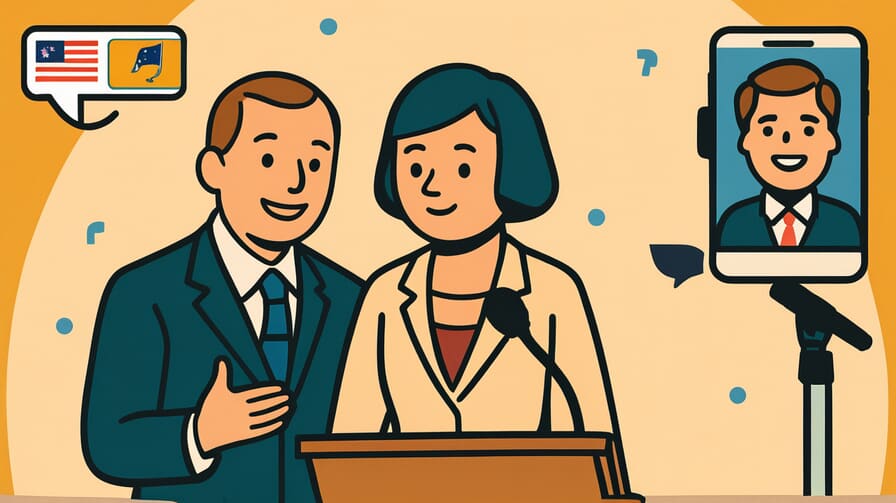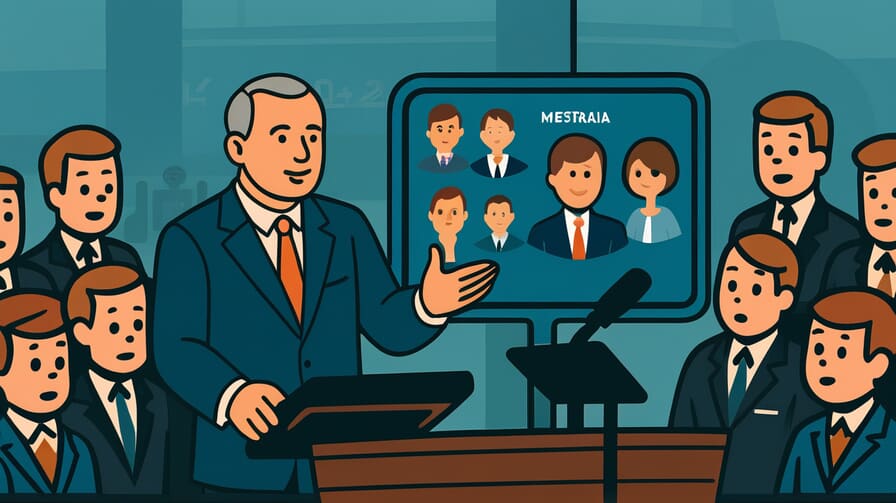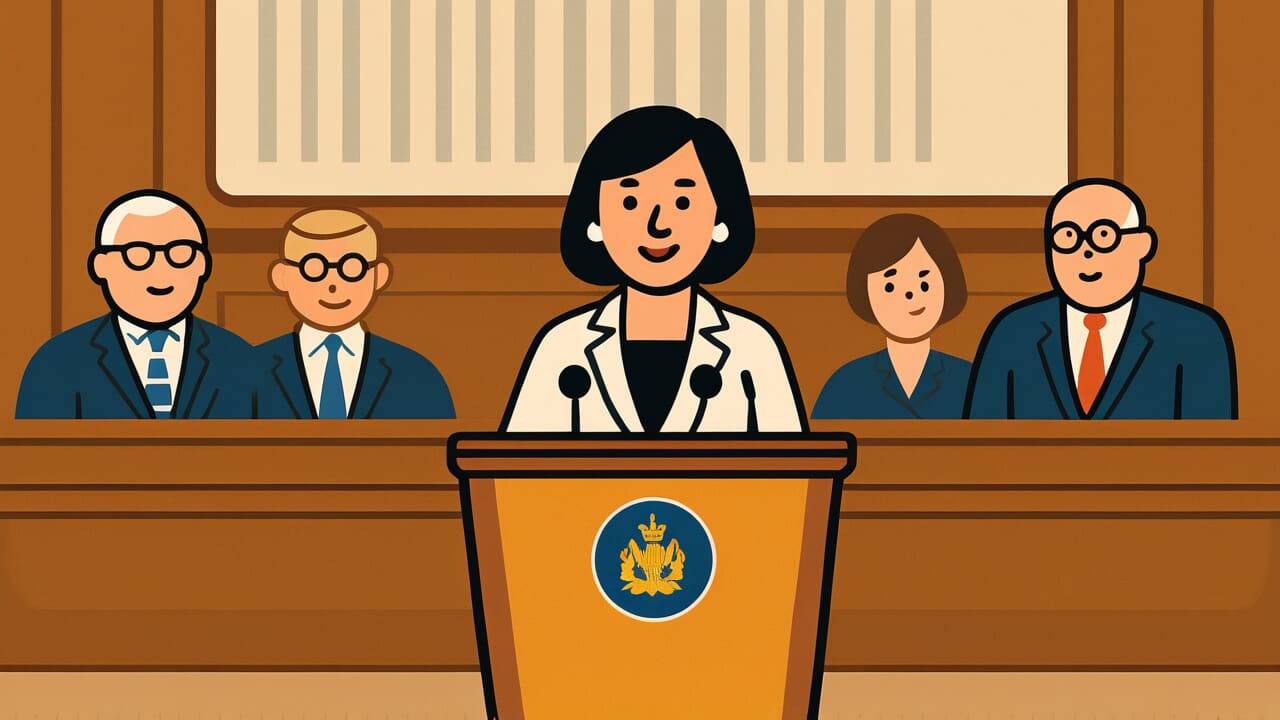[Disclaimer] This article is reconstructed based on information from external sources. Please verify the original source before referring to this content.
News Summary
The following content was published online. A translated summary is presented below. See the source for details.
Australian Prime Minister Anthony Albanese announced a major policy shift regarding social media access for young people during a press conference in Canberra. The government will introduce new rules prohibiting children under 16 from having accounts on popular social media platforms like YouTube, Facebook, Instagram, Snapchat, TikTok, and X (formerly Twitter). Albanese emphasized that social media is causing social harm, and the government is taking action to protect young Australians. He acknowledged this isn’t the only solution but believes it will make a difference. The Prime Minister was joined by parents who lost teenage children, highlighting the personal impact of social media on families. The announcement follows campaigns by parent groups and has broad parliamentary support. Minister for Communications Anika Wells also spoke, thanking the parents and advocacy groups for their efforts in bringing about this change.
Source: Australian PM Media Centre
Our Commentary
Background and Context

The Australian government’s decision to restrict social media access for young people comes amid growing global concerns about the impact of social media on youth mental health and well-being. This move follows similar debates in other countries about protecting children online and regulating big tech companies. The policy shift reflects a broader trend of governments taking more active roles in digital regulation, especially concerning minors.
Expert Analysis
This new policy represents a significant shift in how governments approach social media regulation. It raises important questions about digital rights, parental control, and the role of technology in young people’s lives.
Key points:
- The ban on under-16s could significantly impact social media companies’ user bases and business models in Australia.
- Enforcement of these rules may prove challenging, potentially leading to debates about privacy and surveillance.
- This policy could set a precedent for other countries considering similar measures to protect young people online.
Additional Data and Fact Reinforcement
To understand the scale of this policy’s impact, consider these facts:
- According to the Australian Bureau of Statistics, there are approximately 2 million children aged 10-15 in Australia.
- A 2021 eSafety Commissioner report found that 94% of Australian teens use social media.
- The World Health Organization has recognized social media addiction as a growing concern for youth mental health.
Related News
This Australian policy aligns with global trends in digital regulation. The European Union’s Digital Services Act and the United Kingdom’s Online Safety Bill also aim to protect minors online, though through different approaches. These developments suggest a growing international consensus on the need to address the impact of social media on young people.
Summary

Australia’s new policy on social media access for under-16s marks a significant step in government regulation of online platforms. While it aims to protect young people, it also raises complex questions about digital rights and enforcement. As this policy unfolds, it will likely influence global discussions on balancing technology use with youth well-being.
Public Reaction
Initial reactions to the announcement have been mixed. Many parents and child safety advocates have expressed support for the measures. However, some digital rights groups have raised concerns about potential overreach and the practicality of enforcement. Young people themselves have had varied responses, with some supporting the protection and others worried about losing access to important social connections and information sources.
Frequently Asked Questions
Q: How will the government enforce this ban?
A: The exact enforcement mechanisms haven’t been detailed yet, but they may involve age verification systems and cooperation from social media platforms.
Q: Will this affect educational use of platforms like YouTube?
A: The government has not yet clarified how educational or supervised use of these platforms will be handled under the new rules.
Q: Can parents override this restriction for their children?
A: The current announcement doesn’t mention parental override options, but this may be addressed in future policy details.

